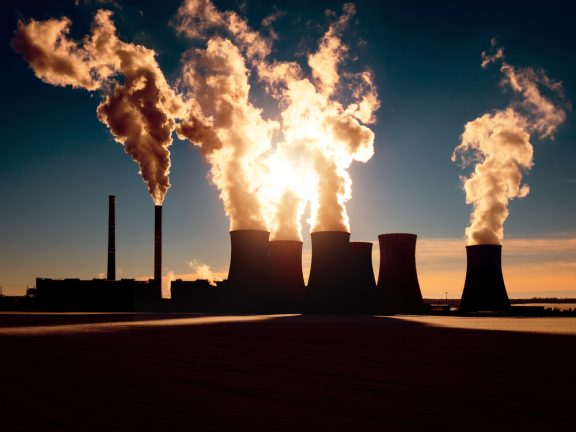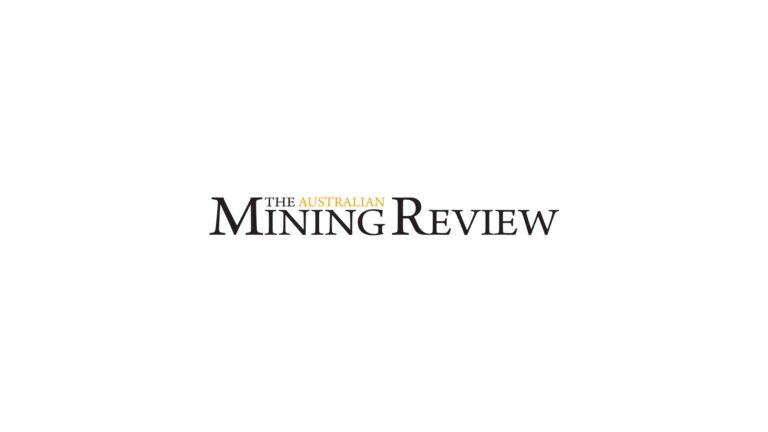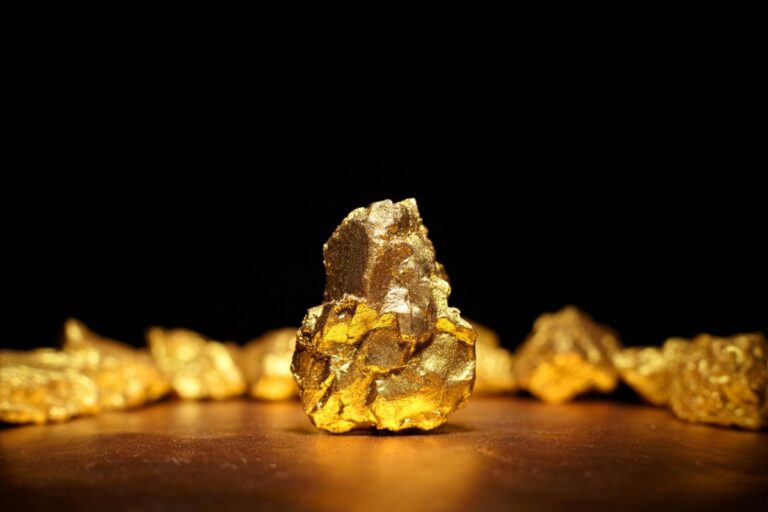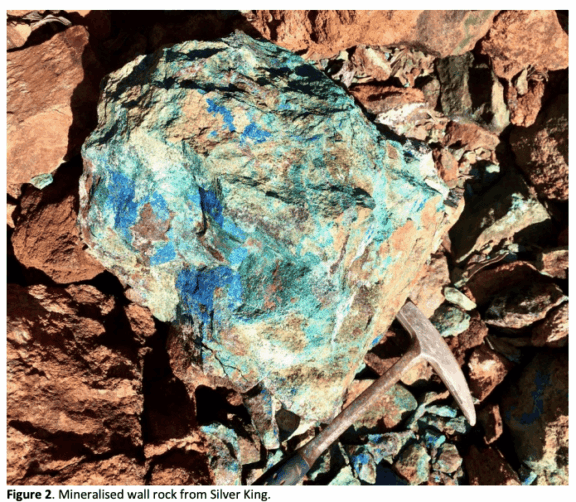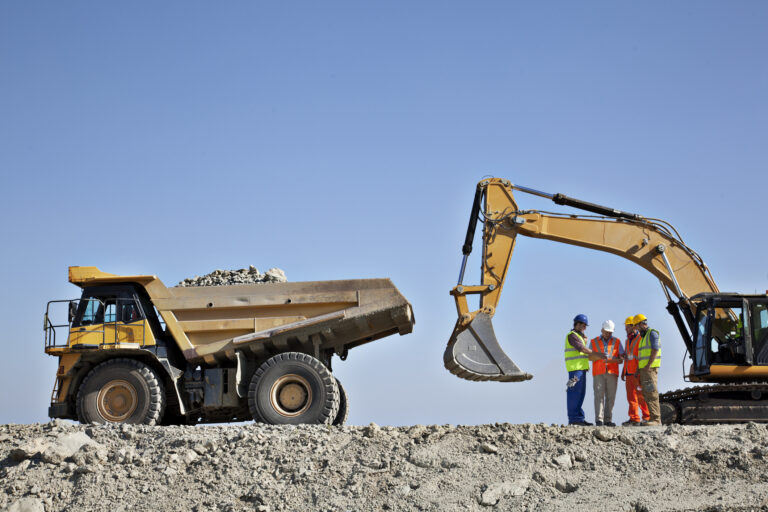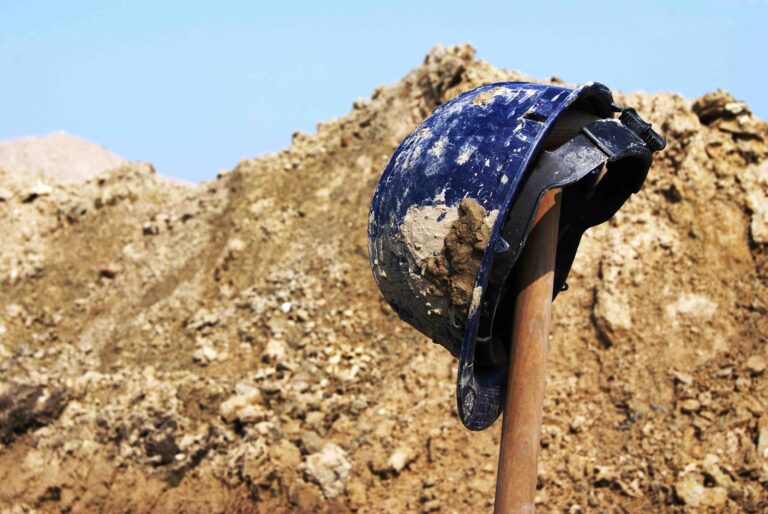![“[I] will overturn Minister Plibersek’s decision on the Regis gold mine,” Federal Opposition Leader Peter Dutton said.](https://australianminingreview.com.au/wp-content/uploads/2024/09/shutterstock_1321257014-lores.jpg)
Mr Dutton says this push forward will create a total of 100,000 jobs during the construction phase, along with 55,000 ongoing jobs during operation.
Could this hold a glimmer of hope for the Australian mining industry that has lost 8,000 jobs this year from waning nickel and lithium demand, falling iron ore prices and Federal Environment Minister Tanya Plibersek veto’ing the $1b McPhillamys mine following a protracted multi-year approvals process?
Mr Dutton calls the current situation facing the nation a “perfect storm of economic self-harm” and outlines his plan to bring Australia’s mining and resources sector back on track.
“I want to build on our strengths in major commodities like iron ore, coal, gas, gold and copper [and] I want to lean in to growing opportunities like critical minerals, rare earths and uranium,” he said.
“[I] will overturn Minister Plibersek’s decision on the Regis gold mine.”
Mr Dutton says he will also defund the Environmental Defenders Office and limit the ability of third parties to challenge decisions under the Environmental Protection and Biodiversity Conservation Act.
“I want to see more excavators digging, I want to see more gas flowing, and more trucks moving,” he said.
Mr Dutton promises to slash project approval timeframes by half, increase the number of projects in the pipeline and reintroduce geological bio-regional assessments in key regions to deliver projects.
“Renewables alone will not be sufficient to power our nation – especially as we look to expand mining, to grow manufacturing, and handle the potential growth of data centres and use of AI,” he said.
Mr Dutton’s solutions are to use “a mix of technologies – renewables firmed by gas and nuclear”, starting with the ramp up of domestic gas production.
The next involve the mining, export and use of more uranium.
“By placing the latest nuclear technologies in seven locations to replace retiring coal-fired power stations, we can use the existing transmission network,” Mr Dutton said.
“And we can maximise the highest yield of energy per square metre and minimise environmental damage.
Mr Dutton says there is no need for “weather-dependent”, industrial-scale solar and wind farms – or 28,000km of new transmission lines needed to make them work.
“Nowhere in the world has a renewables-only policy worked,” he said, also calling it an “all-eggs-in-one-basket approach”.
“Australia holds the largest deposits of uranium on the planet, yet, we contribute less than 10% of global uranium production.
“We have a unique opportunity to shore-up our energy security with cheap, clean and consistent power while also growing our uranium exports.
“As more countries build reactors, uranium demand is expected to climb by 28% by 2030 and double that by 2040.
“From just three operating mines, we’re expecting to earn about $1b dollars from exports from the financial year just gone.
“But as the Minerals Council’s own analysis shows, if we can supply 30% of the global market, we would earn as much as $9b per year.
“So, we need to lift the ban on nuclear energy and join the nuclear league of nations.”
Right now, there are more than 50 countries using nuclear energy in about 220 research reactors, according to the World Nuclear Association.
Nuclear energy now provides about one-quarter of the world’s low-carbon electricity and is also the world’s second largest source of low-carbon power.

